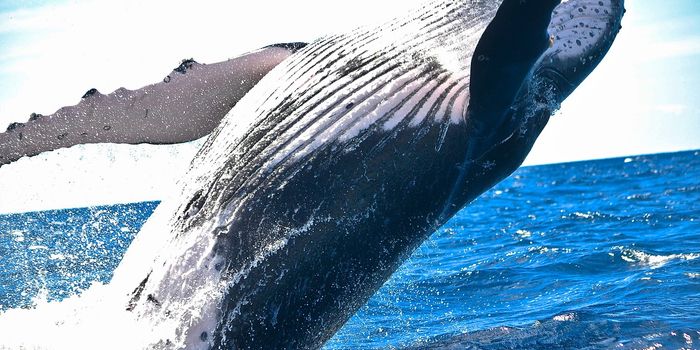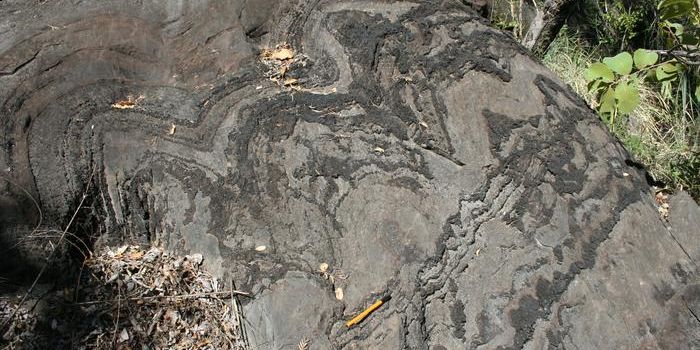One of the World's Rarest Porpoises Dies During Rescue Attempt
If you follow animal conservation, then you might be familiar with the vaquita. It’s an elusive porpoise native to the waters surrounding Mexico; particularly the Gulf of California. Sadly, the IUCN warns that only around 30 vaquitas remain in the wild today.
Image Credit: Paula Olson/NOAA
Their numbers reached these critical lows because fisheries often capture the small porpoises as bycatch when trying to catch other kinds of fish. Illegal gill nets deployed by local fishers aren’t helping the situation either.
Animal conservationists are doing everything in their power to remove existing gill nets from the vaquitas' habitat and reduce fisheries' influence on the species, but it's proving to be a challenging task.
Related: Vaquitas may be doomed for extinction, unless...
As dire as the vaquita’s situation is, many think extinction is in the cards regardless of any action we take. Nevertheless, talks of aggressive conservation measures have been tossed around by experts and political figures with the goal of protecting the species before it’s too late.
One idea was to gather as many wild vaquitas as possible and relocate them to a safe zone where fisheries and gill nets won't threaten them. But while it may sound good on paper, a recent mishap during a vaquita rescue attempt underscores how these efforts can go dangerously wrong.
A team was reportedly out looking for wild vaquitas to relocate when they finally stumbled upon a pair. Upon attempting to capture them, they succeeded in catching one. A closer analysis after the catch found that it was a mature female.
An initial check-up showed that she was in good health, so the team relocated her to a pen where she would be secluded from the dangers that put vaquitas at risk of extinction. Unfortunately, it wasn’t long before the situation deteriorated.
The once-healthy vaquita quickly started to exhibit unstable qualities. At first, the animal swam very fast around the pen, almost as if she were panicking. But it wasn't long before she tired herself out and slowed down. One can only assume that she feared her surroundings and looked everywhere for the partner she got separated from.
The team responded quickly to the behavior, attempting to remove her from the pen and put her back in the wild where she came from. Sadly, however, she passed away on the scene.
“She was no longer breathing,” said Dr. Cynthia Smith, one of the researchers with the rescue group. “We just couldn’t bring her back.”
The experience was unquestionably heart-wrenching for the conservationists. After realizing that these efforts could do more harm than good, they abandoned their rescue efforts altogether and decided that it'd be better to leave the animals in their natural habitat.
“The evidence today is vaquita are not good candidates for being protected in this way,” Dr. Smith continued. “It’s heartbreaking.”
Related: Saving vaquitas with the help of dolphins
With the rescue efforts now canceled, no other vaquitas should suffer similar fates. On the other hand, this also means that the creatures will continue fending for themselves in the wilderness, where they’re already struggling as it is.
The failed attempt highlights how important planning is before executing such aggressive conservation operations. With some animals, significant changes like these can lead to stress, which impacts their overall health in the long run.
For now, it looks like conservationists are going back to the drawing board. Saving the ellusive vaquita from extinction is genuinely a tough task to tackle.
Source: BBC, New York Times









